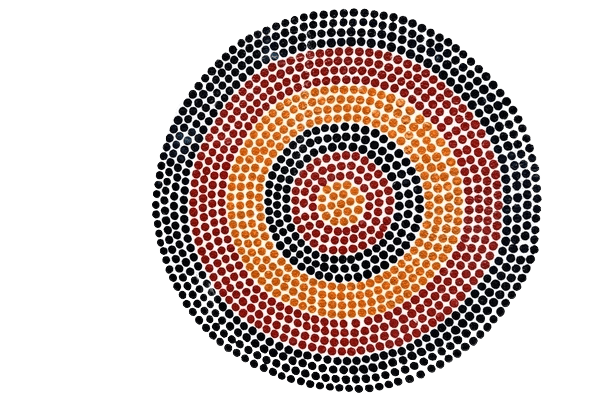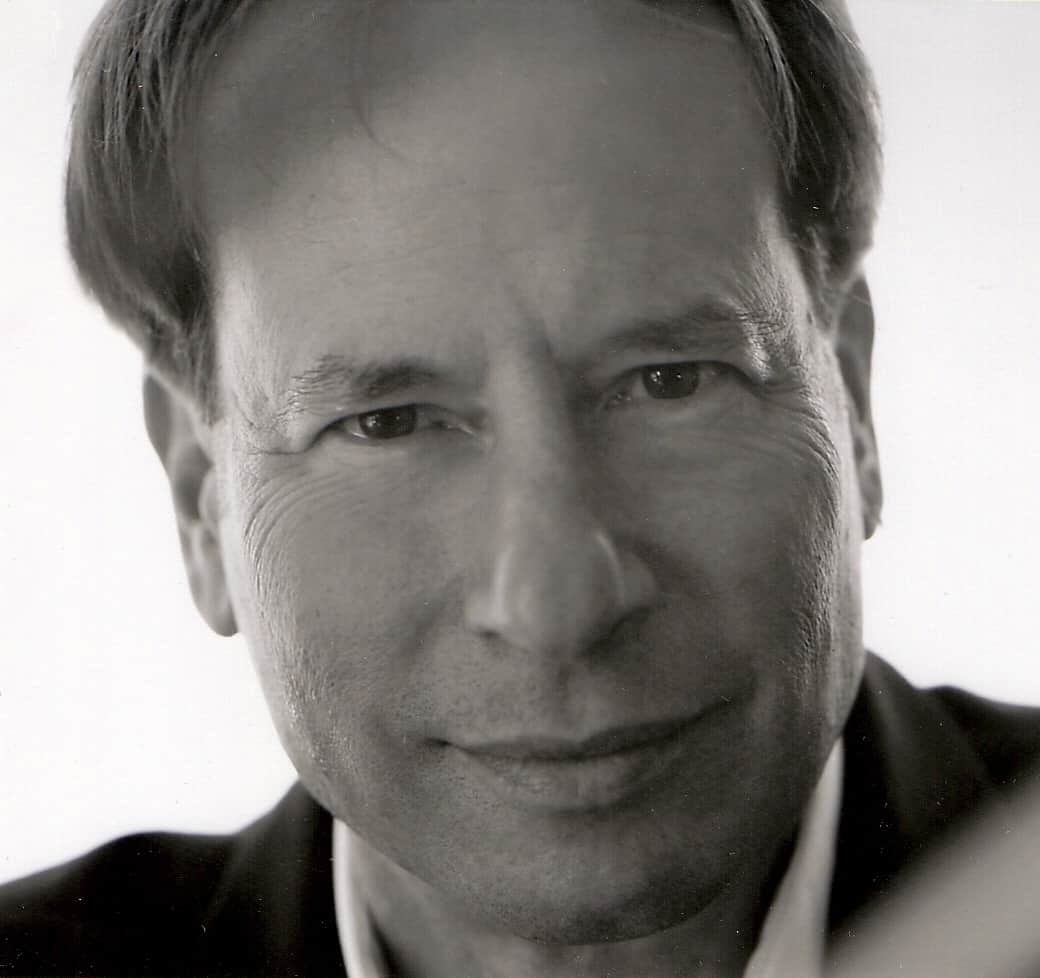
Glenn Aparicio Parry
My life work has been around reforming thought. These days, too much of thought is partial and fragmented, and this leads to conflict, division, and war (with each other, and with the earth). As David Bohm understood, “fragmented thinking causes a fragmented society.” I pray that people understand how much they are interdependent with each other and with all of the natural world, and that this awareness leads to greater kindness and compassion.


“All our thoughts are seeds we plant in our consciousness. This is a good time to water the seeds we want to see grow in the world, and to give them the light, air, and soil they need to thrive. This is a good time to become more aware of what it is we really have been praying for – and by that I mean what it is we think most about and put most of our attention toward doing – for this will be the harvest we manifest.”

Life Philosophy
I begin with gratitude. It is an incredible blessing to be alive. We could not be alive without the sun and all the elements: light, air, water, and earth. We are composed of the elements; we are a microcosm of the macrocosm. We are so radically interconnected with all there is that we not only share 98% of our DNA with chimpanzees; we share 50% of our DNA with a banana. There is a lot to be grateful for, beginning with the immense diversity of life on this planet, all of which are our relations.
When I wrote the book Original Thinking, I discovered that the origin of the word “thinking” is “thanking” in at least seven languages: English, French, Dutch, Norse, German, Frisian, and Old Saxon. I pondered why this would be so, and came to the conclusion that originally, all our thoughts were prayers. All our thoughts once served to connect us with the greater whole, unlike today, when many of our thoughts separate ourselves from others and nature.
My life work has been around reforming thought. These days, too much of thought is partial and fragmented, and this leads to conflict, division, and war (with each other, and with the earth). As David Bohm understood, “fragmented thinking causes a fragmented society.” I pray that people understand how much they are interdependent with each other and with all of the natural world, and that this awareness leads to greater kindness and compassion. Much of human struggle occurs because we attempt to separate ourselves from Mother Earth, mistakenly imagining the human as separate and transcendent from the natural world, defining our humanness by our uniqueness rather than our interconnectivity. It is a short step from imagining we are superior to other creatures to imagining we are superior to other humans. If we can remember and respect the diversity of life on Earth, we can remember how to love the whole of humanity.
It is from Grandfather Leon Secatero, the wise elder of the Cañoncito Band of Navajo, that I learned the most about patience, kindness, and forgiveness. Leon taught me to be thankful to the ancestors and for everything that has happened to bring us to this moment in time. I am grateful for all the experiences I have had in life, including the most difficult ones. I consider them all to be blessings. If a Navajo man—whose people suffered through The Long Walk and other persecution—can consider everything a blessing, so can I. I am of Basque, Jewish, and Aragon Spanish descent. My ancestors have been oppressed and have been oppressors. I pray for restorative justice, healing both victims and perpetrators.
We have a limited time in which we are alive, but we are the continuation of our mothers, fathers, grandmothers and grandfathers. I am grateful to my ancestors and lovingly accept the responsibility to carry forth their work in my own life. I keep photos of the ancestors who have meant a lot to me behind my desk, and I feel their blessing as I write each day. I regularly pray to the ancestors, asking them for direction, and receive much inspiration this way. My prayers always begin in gratitude for the interconnected natural world. I ask that my work be in service of wholeness, peace, equanimity, respect, kinship, and love. This is my life philosophy.
Biography
Glenn Aparicio Parry, PhD, of Basque, Aragon Spanish, and Jewish descent, is an educator, ecopsychologist, and two-time Nautilus award winning author of Original Politics: Making America Sacred Again (SelectBooks, 2020) and Original Thinking: A Radical Revisioning of Time, Humanity, and Nature (North Atlantic Press, 2015) and is currently writing Original Love, the third book in the trilogy. The founder and past president of the SEED Institute, Parry is currently an adjunct faculty member of the California Institute of Integral Studies, the president of the think tank: Circle for Original Thinking www.originalthinking.us and the host of the Circle for Original Thinking podcast. Parry organized and participated in the groundbreaking Language of Spirit Conferences from 1999 – 2011 that brought together Native and Western scientists in dialogue, moderated by Leroy Little Bear.
Parry now regularly moderates dialogues for various organizations and has appeared in several documentaries, including SEEDing Change: A Retrospective of the Language of Spirit Dialogues and Journeying to Turtle Island, a biographic film exploring David Peat’s life and participation in the dialogue circles by Spanish filmmaker Miryam Servet. He is an avid outdoorsman who enjoys hiking and fly fishing. He writes from a fairly remote location in northern New Mexico, where he lives amid wild horses, coyote and mountain lion with his wife Tomoko, dog Momo, and cat Cappuccino.

“Parry talks to readers about slowing the thought process, about the vibrational web of thought where the past never completely disappears, and about the mysterious power which was contained in the thoughts of ancient time.”
— ANNA JEDRZIEWSKI, Retailing Insight
